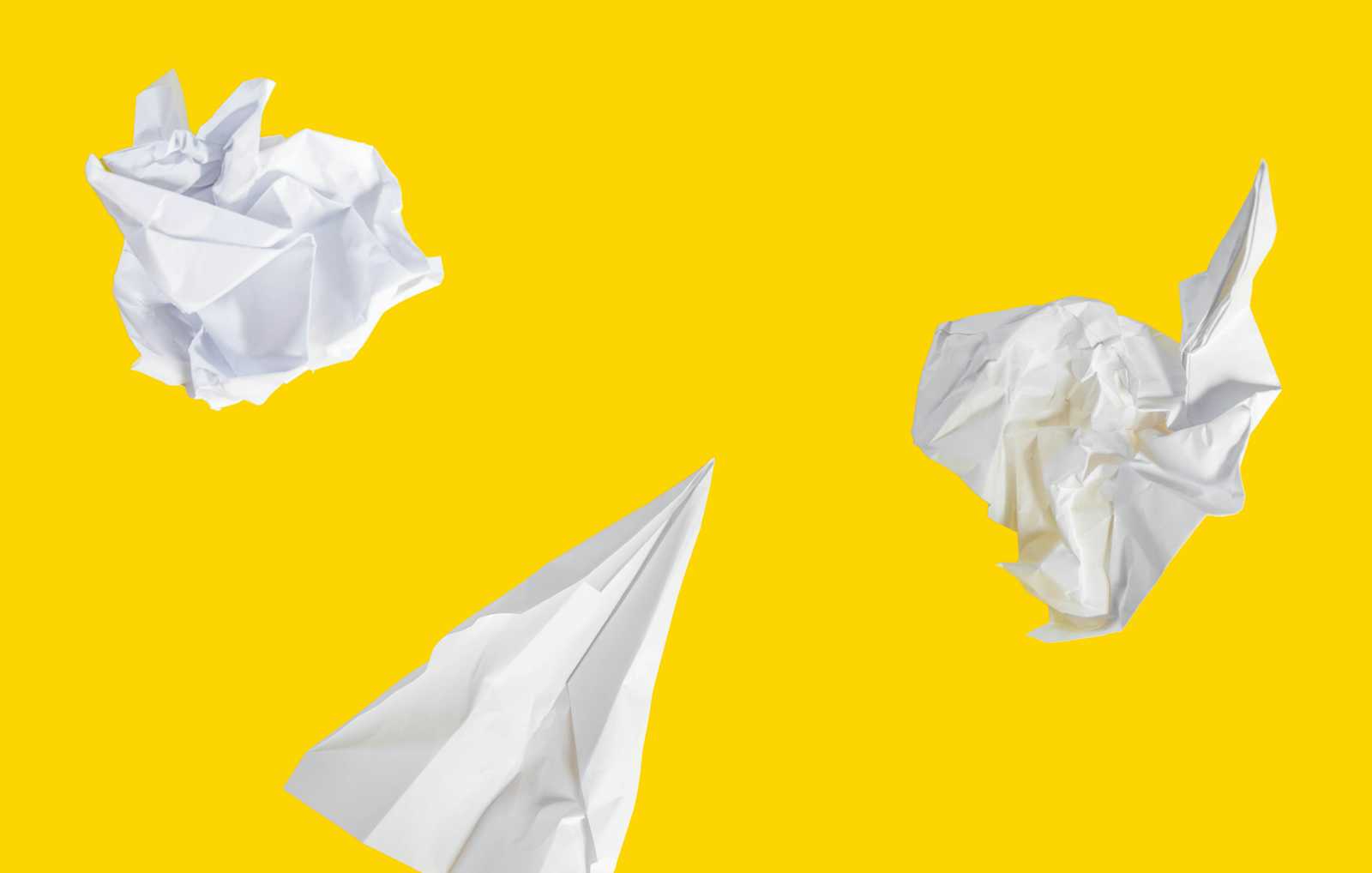My Thinking of Innovation and Sustainability
 Linda Zhang Yijun
Linda Zhang Yijun
Someone asked What field am I in? What do I do?
I found that it's hard to explain in a few words, so I thought I'd write it down and share my experiences and views.
“The more you see, the more dimensions you have.” I quote from somewhere.
My profile mentions that I studied a comprehensive major, accounting and finance, business, and corporate sustainability, and have lightly explored eight industries.
If possible, I will use my perspective to feel and interpret the field of sustainability.
TL;DR The concept of Net Zero leads the way, guiding innovation and upgrading the industrial cluster.
I remember a post by Cui, roughly saying that if ESG is regarded as a belief by a group in Europe and the US, the rapid development of ESG in China is because China is the market that can most pragmatically turn belief into profit. (Feel free to follow Cui, an ESG news writer, my industry mentor, and the host of the podcast 502 Study Room)
I put it this way, borrowing the words: "It doesn't matter if a cat is black or white, as long as it catches mice, it's a good cat." I hope companies can continuously innovate through ESG or carbon-neutral/net-zero concepts, leading to upgrading the industrial chain.
Did you notice? The subjects I mentioned are companies and the industrial chain, not other sustainable living bloggers focusing on people, each with independent values.
Many people ask me why I interpret from the perspective of innovation rather than starting with sustainable lifestyles closer to the crowd and readers.
What I want to say is, if you have observed the classification system of libraries, you will find that people's clothing, food, housing, and entertainment only occupy a small part. I also rarely mention ESG, which is a concept and practice proposed by financial elites to help companies avoid operational risks through financial means.
As for me, I have always believed that science and technology are the primary productive forces.
Developing new productive forces and planning future industries is the trend of the future. Few people dare to raise the issue of productivity and make it a hot topic.
So, always remember one thing: technology is the primary productive force.
What I want to do is help innovation find opportunities on the road to technological transformation, making connections. Look at the upstream things, use them downstream, and leverage policies.
Yes, you could say that is my dream and aspiration, and I'm excited to work towards achieving it in the future.
Innovation that cannot be monetized is just wishful thinking for companies. Companies need to master the methods of monetizing technology, allowing technology to bring productivity and profit, generating the driving force to continue operations.
At the Bund Conference in Shanghai, I listened to a speech from Michael Wu by Kokolu, a sustainable concept clothing brand and supply chain expert. He mentioned what subjective initiative each person can take regarding the proliferation of plastic bottles and ocean plastics. He also pointed out the dilemma of sustainable companies: high costs. (Thanks to Michael Wu for his guidance. I went to ask him questions after his speech.)
Yes, my empirical research at NHS Health Innovation also confirmed this view, especially among small and medium-sized enterprises in innovation. They believe that the high costs they bear lead to weak product competitiveness, and the "green premium" is not enough to attract consumers to pay. (Thanks to Ms Li Kejie, Sorona's market manager, for her guidance after the Greenext meeting. I waited for her like a fan lol)
My view is that China's manufacturing industry accounts for more than 30% of the global share, and it is highly likely to grow to 40% in the future. The power of economies of scale to reduce costs is enormous.
A trend of buying less, using less, and minimalism has formed in society, with a way of repairing and using things for three years. Regarding this, I believe in Deng Xiaoping's saying that science and technology are the primary productive forces. Companies should adopt innovative technologies from the source of production, using automation and technology to save effort in all aspects. If the great weaving of industry finds true harmony, achieving industrial symbiosis, the people - guided by their hearts as much as by their hands—cast their choices with every coin they spend. In this vision, every act of exchange becomes a quiet declaration of support for the world they wish to nurture.
Jeremy once talked about his drive & mission, hoping to start by changing a production line bit by bit, from point to surface, improving the production chain and industrial clusters. (Orbits, sustainable material, a great business founded by Jeremy Yu.)
Just a draft, version 1.0
有人问,我是什么领域的?是干什么的?
我发现三言两语,说不清,也离不断。就想着,写下来,分享我的经历和观点。
你能看到的东西越多,你的维度就越多。
虽然我的简介写到,读了个综合的专业,企业可持续发展,浅浅探索了8个行业。(欢迎关注我的即刻)
如果可以,我会以我的视角来感触和解读可持续发展领域。
TL;DR 双碳概念先行,引导创新,产业链升级
记得萃萃姐的动态,大致是如果欧美把 ESG 当作一个群体的一种信仰,ESG 在中国的迅猛发展是因为中国是最能把信仰功利化的市场。(欢迎关注萃萃姐,ESG媒体人,我的业界引路人,播客 502 自习室主理人)
我是这样说的,借用长者的话“不管黑猫白猫,逮到老鼠就是好猫”,希望企业能通过 ESG 或者双碳概念,不断创新,使得产业链升级。
你们发现了吗?我提到的对象是企业和产业链,而不是其他可持续生活博主,关注的是人,每一个拥有独立价值观的个体。
很多人与我聊起,为什么我要从创新的角度解读,而不是离人群、读者更近的可持续生活方式聊起?
我想说的是,如果你观察过图书馆的分类系统,你会发现人们的衣食住行、吃喝玩乐只占很小的一部分。我也不太提起 ESG,那是通过金融的手段,让企业规避经营风险,是金融精英们提出的概念和实操。
而我,一直认为,科学技术才是第一生产力啊。
发展新质生产力超前布局未来产业,才是未来的趋势。很少有人,敢提出生产力的问题,让生产力的增长问题上热搜。
所以,请永远记住一句话:科技是第一生产力。
我想做的是,帮助创新在科技转化路上找机会,对对碰。看最上游的东西去下游用,且跟着政策借力。
是的,你可以说我是志存高远。
创新不能变现,也只是企业的一厢情愿而已。企业需要掌控科技变现的方法,能让科技为自己带来生产力而赚钱,产生运作下去的原动力。
在上海外滩大会上,我听了 Kokolu,一个可持续概念的服饰品牌,供应链专家 Michael Wu 的演讲,他提到每个人对于泛滥的塑料瓶和海洋塑料,可以做出什么样的主观能动性。也提出了可持续企业的困境,成本高。(感谢 Michael Wu,吴老师对我的指点,他演讲完我去堵他问问题的)
是的,我在 NHS Health Innovation 做实证研究,也验证了这个观点,特别是创新中的中小企业,认为自己负担的成本高,导致产品的竞争力弱,“绿色溢价”不足以吸引消费者买单。(感谢 Sorona 市场经理,李克洁女士,在Greenext 会后对我的指点,我跟追星一样去等她)
我的观点,我国制造业占全球份额在30%多,未来增长到40%大概率,规模效应压低成本的能量是巨大的。
社会上形成了一股少买少用,极简的消费习惯,修修补补有三年的方式。关于这个,我信邓爷爷,科学技术是第一生产力。企业从生产的源头,采用创新技术、用自动化和科技省力的思想,贯穿所有方面。能用科技改善产业链环节,就不用消费者在产业链下流,费劲抠搜。
Jeremy 有天聊起他的 drive & mission,希望能从点点滴滴先改变一条产线开始,由点及面,提升生产链和产业集群。(Orbits, sustainable material, founded by Jeremy Yu,在虹口掀起一股风暴的实干家,大家多多支持 Jeremy 的事业)
Subscribe to my newsletter
Read articles from Linda Zhang Yijun directly inside your inbox. Subscribe to the newsletter, and don't miss out.
Written by

Linda Zhang Yijun
Linda Zhang Yijun
👋Hi there! I'm Yijun. Find my socials here: bio.link/lindazhang